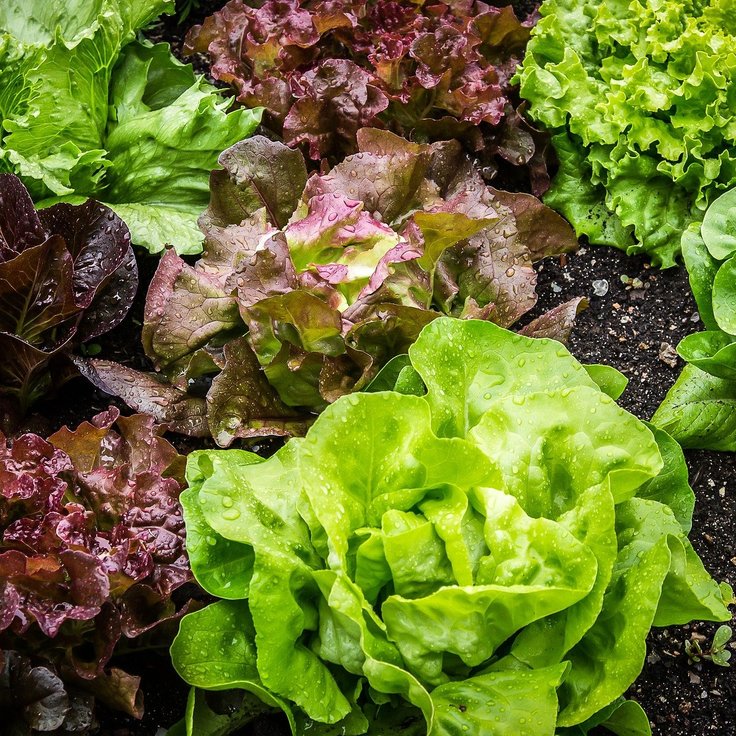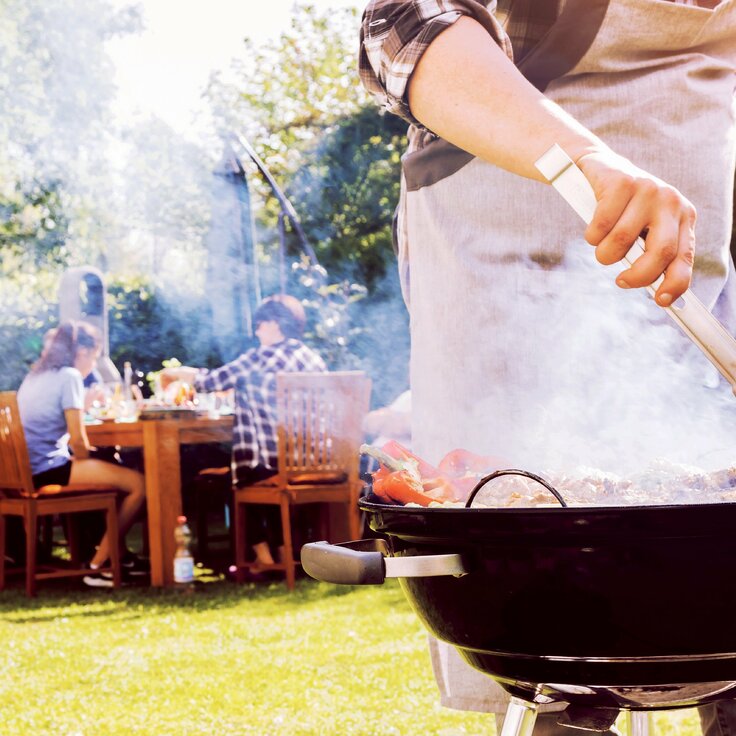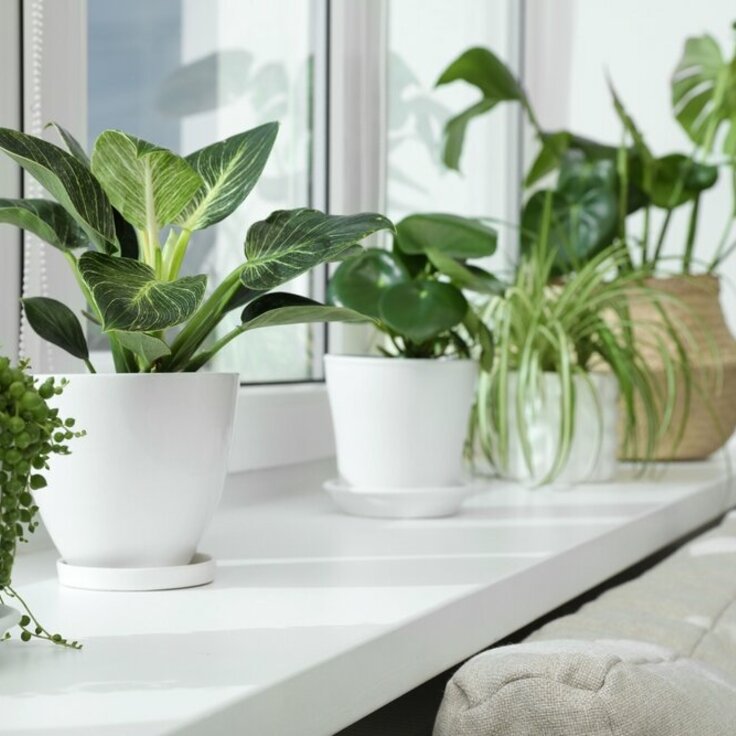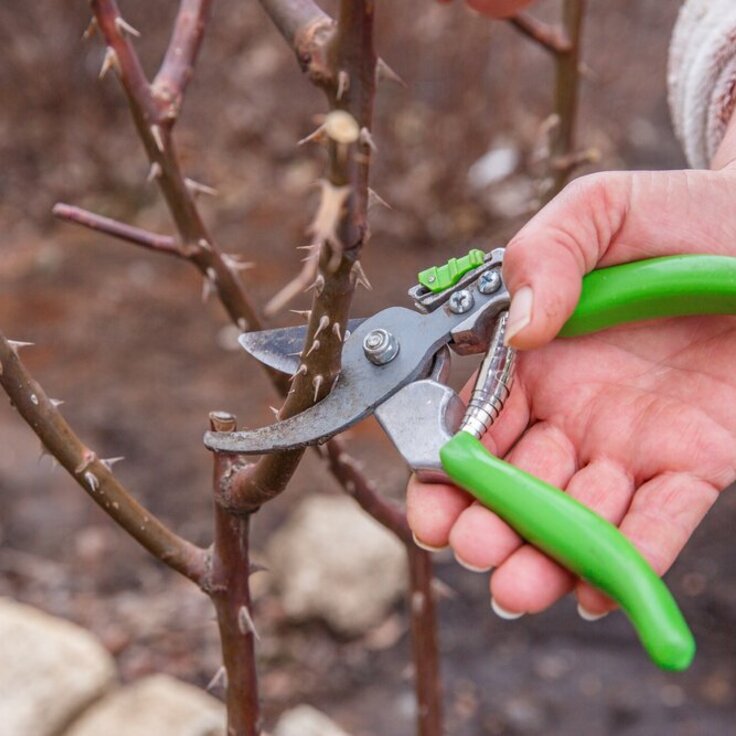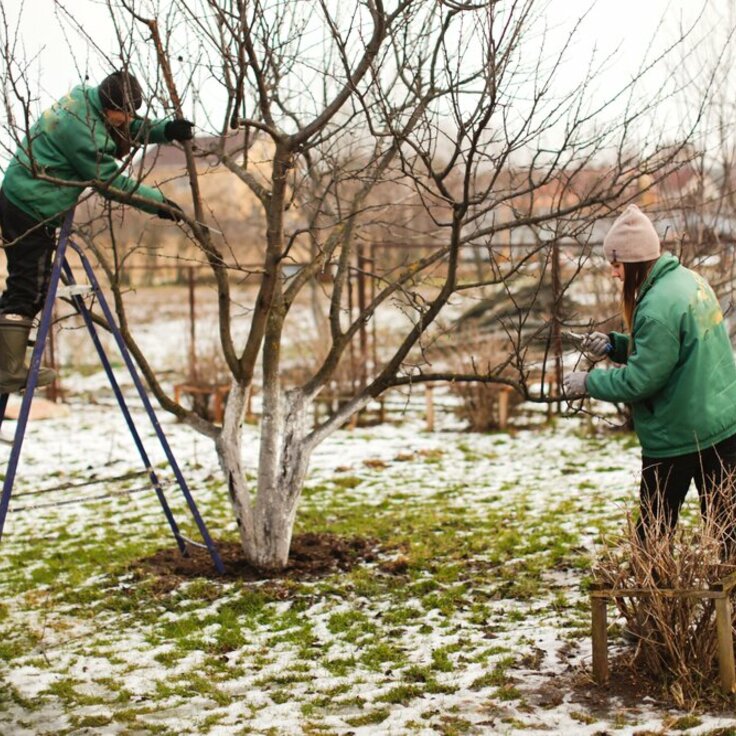How big should my vegetable garden be?
When starting a vegetable garden, one of the first questions that comes to mind is: how big should my garden be? A common mistake among beginner gardeners is creating a garden that's too large. This can lead to a lack of time for proper maintenance, resulting in a garden that doesn't provide the satisfaction you expect. On the other hand, you might want to grow enough vegetables to be self-sufficient. But how many square metres do you need for that?
Start Small and Expand Gradually
The most important advice for beginners is to start small. By starting small, you can gradually get used to maintaining a garden. The time needed for tasks like weeding is often underestimated. A smaller, well-maintained garden often yields more than a larger, poorly maintained one.
Begin with an area of about ten square metres. As you gain more experience, you can gradually expand it. If you have a large plot at an allotment, don’t plant everything immediately; cover part of it to keep it free from weeds.
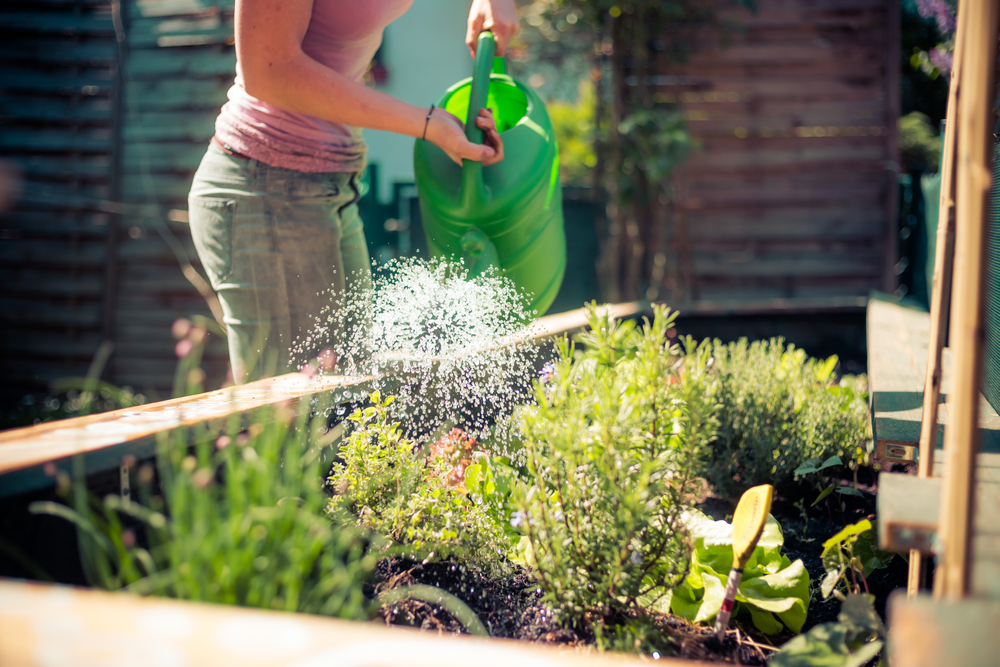
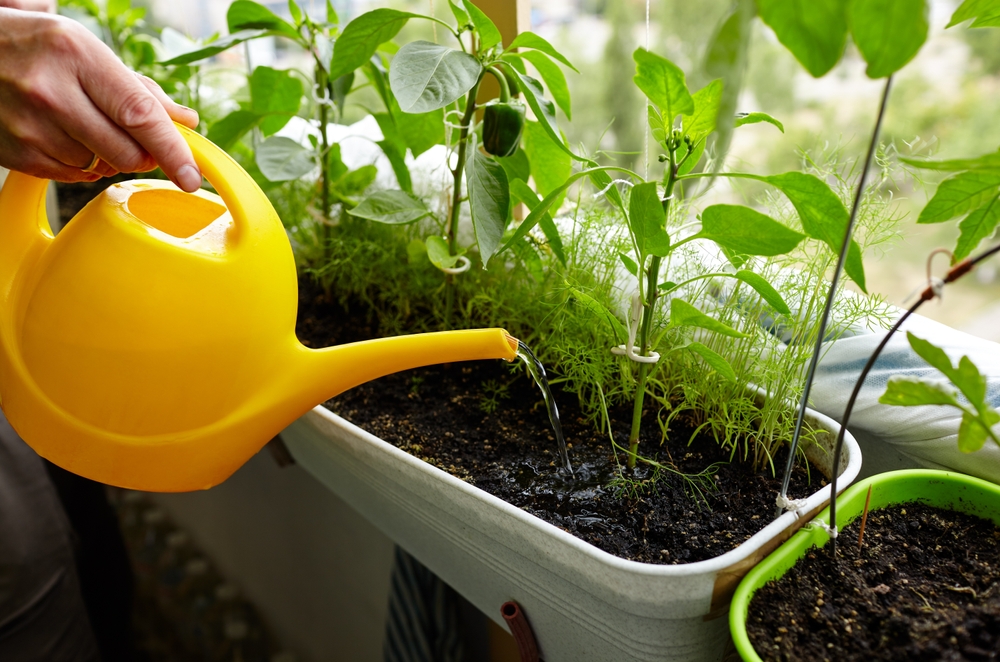
Benefits of a Small Vegetable Garden
A smaller vegetable garden offers several benefits. You can better manage the time spent on your garden and worry less about maintenance. This allows you to experiment with different crops and techniques without being overwhelmed by the size of the garden. Additionally, the investment in seeds, plants, and garden supplies is smaller, making it more accessible to start a garden, especially on a limited budget.
Self-Sufficiency and Space Utilisation
Determining the right size for a vegetable garden to become self-sufficient is complex. It depends on factors like productivity, weather, and soil fertility. A general guideline is to have at least fifty square metres per person. This requires efficient use of space by regularly fertilising and planting successive crops. You will need even more space for fruits and potatoes.
Efficient space utilisation is crucial for a self-sufficient vegetable garden. Use crop rotation and companion planting to maintain soil fertility and prevent diseases. Vertical gardening techniques, such as using climbing plants and raised beds, can help grow more crops in a smaller area. Using compost and mulch improves soil quality and retains moisture, which is essential for a healthy garden.
What is the Purpose of Your Vegetable Garden?
Consider the purpose of your vegetable garden before you start. Do you want a hobby garden with occasional fresh vegetables, or are you aiming for self-sufficiency? Your goal determines the required size and the amount of time and effort you need to invest.
If gardening is primarily a hobby, you can opt for a smaller garden with a few of your favourite vegetables and herbs. This helps you relax and enjoy gardening without the pressure of a large harvest. A smaller garden is also easier to integrate into your daily routine, reducing the likelihood of feeling overwhelmed by maintenance.
Realistic Expectations
It's important to have realistic expectations about what you can achieve with your vegetable garden. Even a small garden can be very rewarding if you invest time and effort. Be patient and give yourself time to learn and develop your gardening skills. The reward of fresh, home-grown vegetables is definitely worth it.
Practical Tips for Planning Your Vegetable Garden
- Create a planting plan: Plan which vegetables you want to grow and when to plant them. This helps to make optimal use of the available space and ensures a varied harvest throughout the year.
- Soil preparation: Add compost and fertilisers to keep the soil healthy. Good soil is the foundation of a successful garden.
- Water management: Ensure an efficient way to water your garden, such as drip irrigation or rainwater harvesting.
- Weed management: Keep your garden weed-free by regularly weeding and using mulch. This reduces competition for nutrients and water.
- Encourage biodiversity: Plant different types of vegetables, herbs, and flowers to attract beneficial insects and reduce pests.
By keeping these tips in mind and planning your vegetable garden carefully, you can enjoy a successful and satisfying gardening experience, regardless of the size of your garden.

